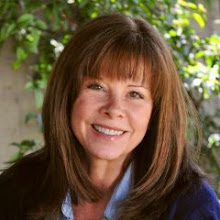
Be not too tame neither, but let your own discretion be your tutor: suit the action to the word, the word to the action....Hamlet Act III, Scene II
2012 marks the seventh season of The Shakespeare Club and the first year of the club without me.

I watched from the sidelines as Rachel, who had assisted the club for three years, took the reins and hit the trail. I helped where I could from my new position in the background. I gave Rachel a weekly curriculum with the admonition that she should tweak and toss as she saw fit. I gave her templates for letters to parents, teachers and the principal. But mostly I gave Rachel encouragement to venture forth into the role of director because I knew she would succeed.
On May 24, 2012, I attended two of the Shakespeare Club's performances of "Much Ado About Nothing."
It was, I promise you, much ado about something. My eyes teared up to see little actors wrestling with big text. My heart leapt as they discovered power. And I sighed with the surety that the club can and will go on.

The Shakespeare Club was an idea formed in 2005. A thought, a musing and an experiment...but it was never mine to keep. It was a seed meant to grow.
And it has. This was a relief. It can blossom anywhere, under different auspices and different leadership. This is most heartening.

At the end of last year I told the children I was leaving to travel and write. I have spent 2012 doing exactly that.
To sit in the audience and bear witness to the club flourishing was pure satisfaction. The kernel of an idea that popped into my head in the middle of the night seven years ago was worth pursuing, nurturing and passing forward.
When Rachel ran onstage after the final performance to embrace her cast and crew, I recognized the enormity of their pride. Olympians, all of them.
Here's what it took:
- 1. Community support.
- 2. An adapted script.
- 3. Will.
That's all: Teaching Will.
You can do this.


Yes, I fifilled my goal because even though I didn't get the part I wanted to, the part I got I made him into a real person. I learned that Shakespeare was a grat person that wrote plays and was married and that he had kids. I also learned that Henry the 8 had 6 wives and remember all 6 I did, Divorced, Beheaded, Died, Divorced, Beheaded, Survived.




























